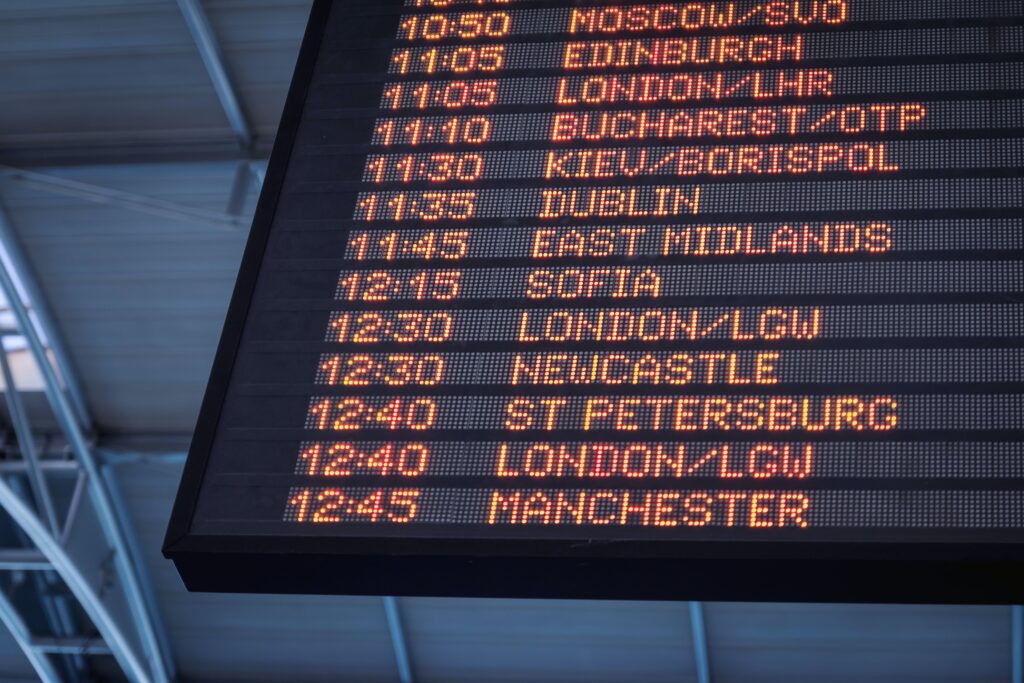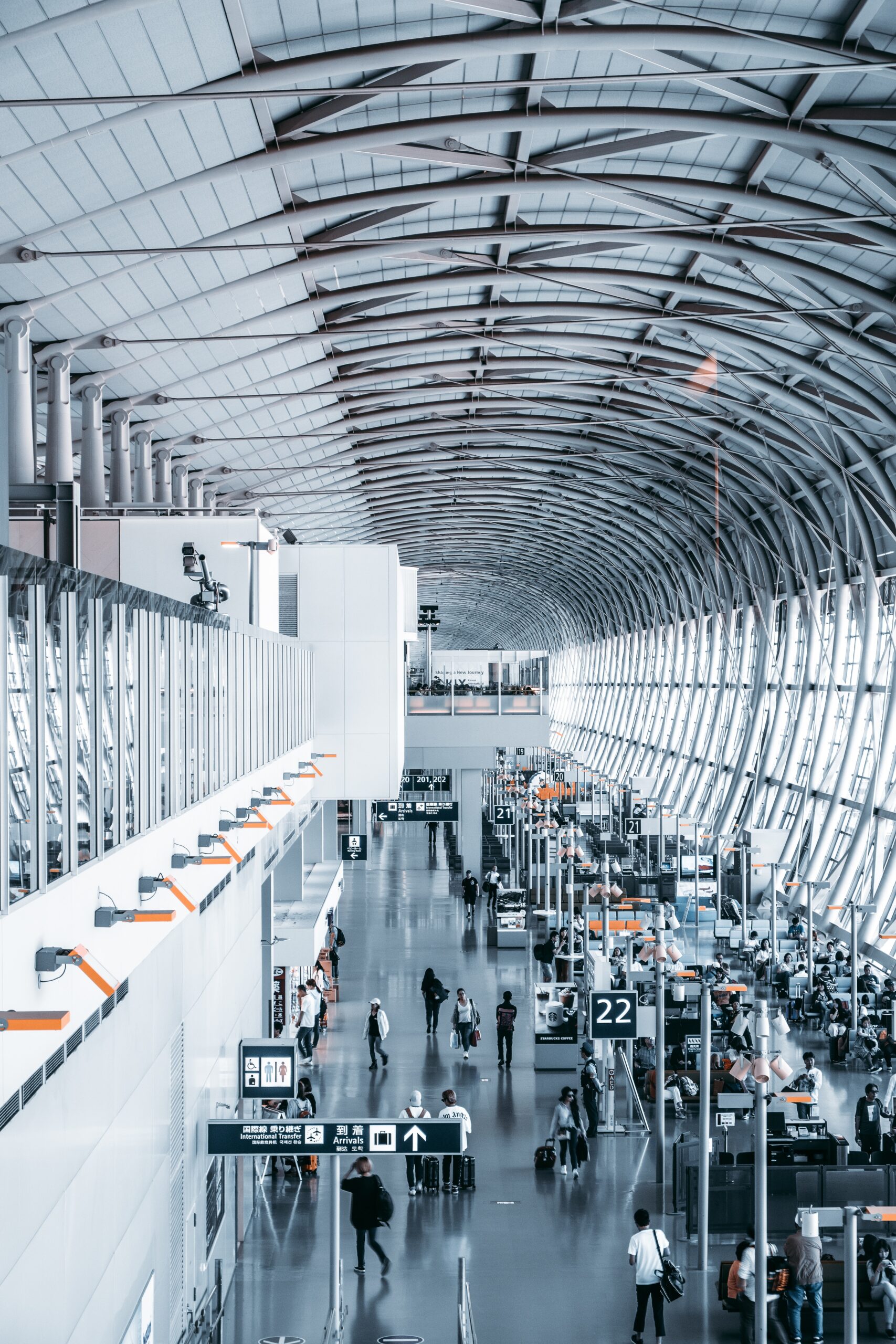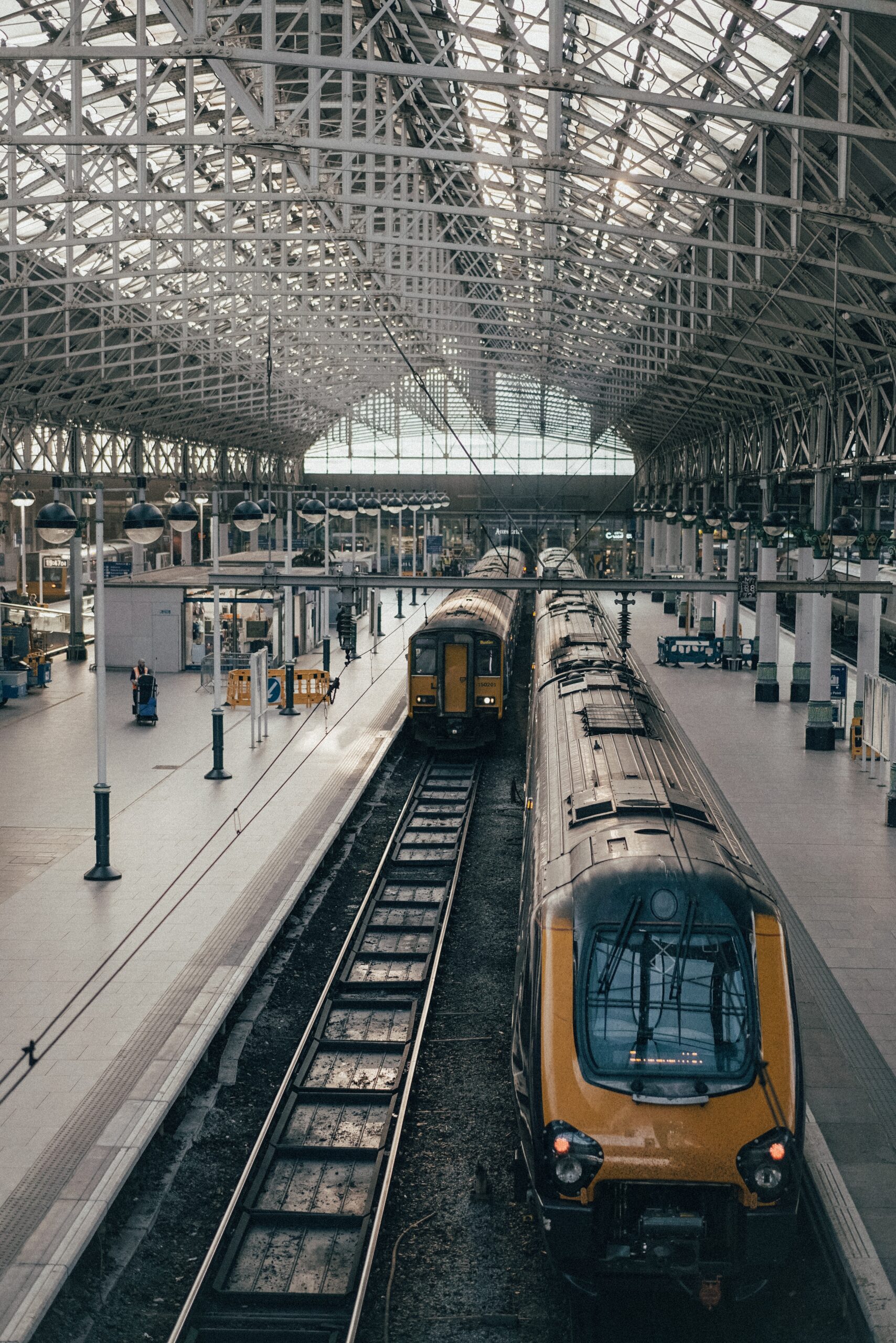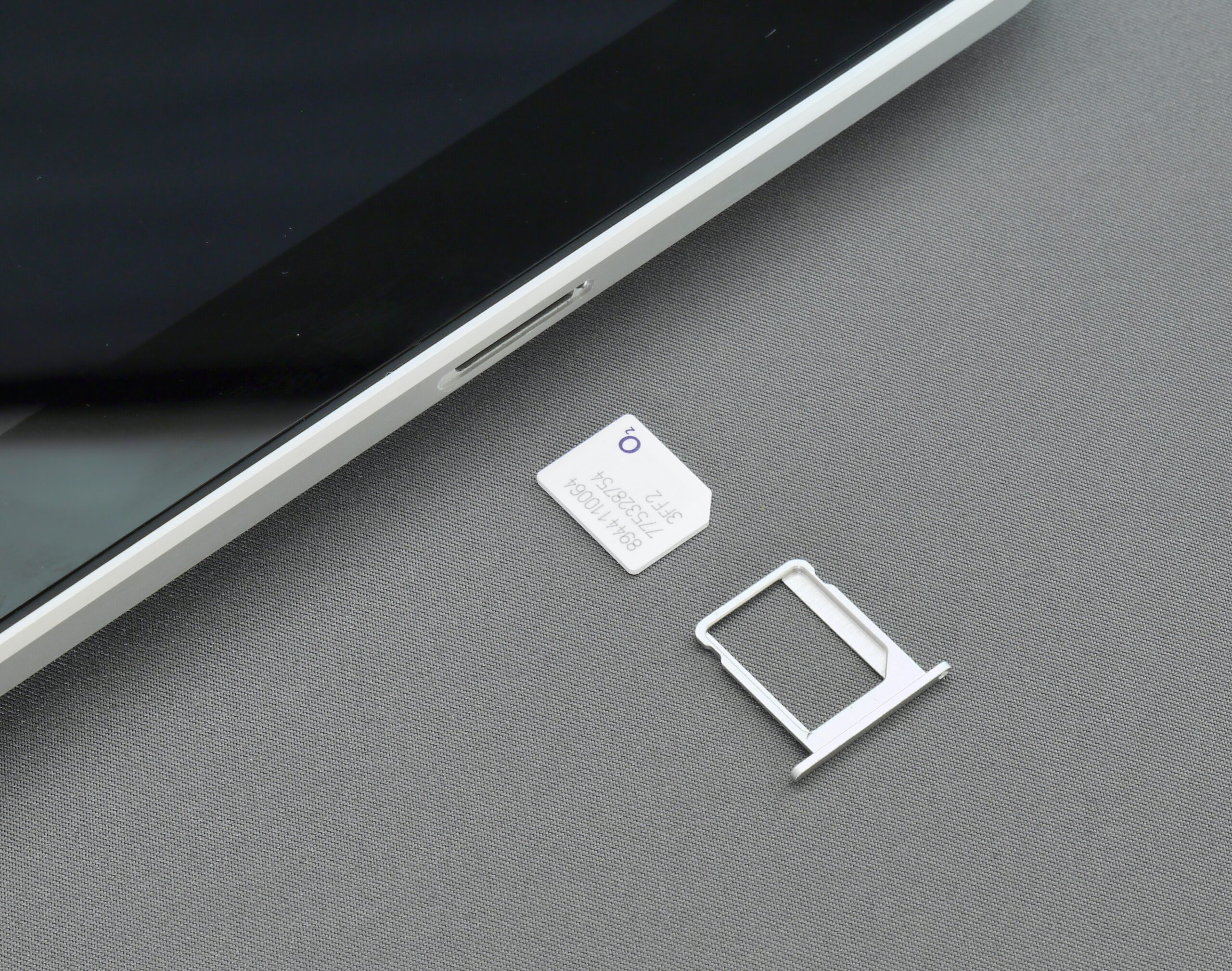Côte d’Ivoire Transportation Guide
Côte d’Ivoire Transportation Guide: Transportation includes taxis, buses, and shared vans. Efficient road networks connect cities, enhancing travel across diverse landscapes.


Côte d’Ivoire Transportation Guide – International Airports
Côte d’Ivoire, also known as Ivory Coast, has several international airports that serve as major gateways for both domestic and international travel. These airports provide essential connections to various destinations within Africa and beyond. As of my last knowledge update in September 2021, here are some of the major international airports in Côte d’Ivoire:
Félix-Houphouët-Boigny International Airport (ABJ): Located in Abidjan, the economic capital and largest city of Côte d’Ivoire, Félix-Houphouët-Boigny International Airport is the country’s largest and busiest international airport. It offers numerous international flights to destinations in Africa, Europe, the Middle East, and other parts of the world.
Bouaké Airport (BYK): Bouaké Airport, situated in the city of Bouaké, is another airport in Côte d’Ivoire with international connections. It primarily serves domestic flights but also offers limited international services.
San Pedro Airport (SPY): Located in the port city of San Pedro on the country’s southwestern coast, San Pedro Airport provides international flights, particularly for travelers accessing the region’s maritime activities.
Korhogo Airport (HGO): Korhogo Airport is situated in the city of Korhogo in the northern part of Côte d’Ivoire. While it primarily handles domestic flights, it may have occasional international services.
Man Airport (MJC): Man Airport serves the city of Man in western Côte d’Ivoire and may offer limited international flights.
National Airports
Côte d’Ivoire has several national airports, also known as domestic airports, that facilitate domestic air travel within the country. These airports play a crucial role in connecting various regions of Côte d’Ivoire. Here are some of the national airports in Côte d’Ivoire:
Yamoussoukro Airport (ASK): Located in the political capital of Côte d’Ivoire, Yamoussoukro Airport primarily serves domestic flights. It is situated in the central part of the country.
Bouaké Airport (BYK): Bouaké Airport is located in the city of Bouaké and is one of the country’s important domestic airports. It serves as a transportation hub for the central region of Côte d’Ivoire.
San Pedro Airport (SPY): San Pedro Airport, located in the port city of San Pedro along the southwestern coast, offers domestic flights and plays a significant role in supporting the region’s maritime activities.
Man Airport (MJC): Man Airport serves the city of Man in western Côte d’Ivoire and provides domestic air travel options for the region.
Daloa Airport (DJO): Daloa Airport is situated in the city of Daloa in the central-western part of Côte d’Ivoire. It serves domestic flights and contributes to regional connectivity.
Korhogo Airport (HGO): Korhogo Airport, located in Korhogo in the northern part of the country, handles domestic flights, particularly for travelers accessing the northern regions.
Odienne Airport (KEO): Odienne Airport is located in the town of Odienne in northern Côte d’Ivoire. It provides domestic air travel options for the northern region.
Sassandra Airport (ZSS): Sassandra Airport serves the town of Sassandra along the country’s southwestern coast. It offers domestic flights.
Côte d’Ivoire Transportation Guide – Trains
Côte d’Ivoire has a limited railway network, and passenger train services are not as extensive as in some other countries. The railway infrastructure primarily focuses on freight transport, particularly for the transportation of agricultural products and minerals. However, there have been efforts to improve and expand the railway system to enhance both freight and passenger services.
Here are some key points about the train services in Côte d’Ivoire:
Abidjan-Burkina Faso Railway: One of the main railway lines in Côte d’Ivoire is the Abidjan-Ouagadougou Railway, which connects the country’s economic capital, Abidjan, with the capital of Burkina Faso, Ouagadougou. This railway is crucial for the transportation of goods between the two countries.
Abidjan Metro: Abidjan, the largest city in Côte d’Ivoire, has a commuter rail system known as the Abidjan Metro. It serves as a means of transportation for residents within the city and its suburbs. The metro system is relatively small and currently has limited coverage.
Freight Transport: The railway network in Côte d’Ivoire is primarily used for freight transport, including the movement of cocoa, coffee, and other agricultural products, as well as minerals and goods.
Limited Passenger Services: While there are passenger train services in Côte d’Ivoire, they are not as extensive or well-developed as other forms of transportation, such as buses and taxis. Passengers may use the train for certain routes, but options are limited.
Modernization Efforts: Côte d’Ivoire has made efforts to modernize and expand its railway infrastructure to improve transportation services within the country and enhance connections with neighboring countries. These efforts aim to promote economic growth and development.
Regional Integration: The country is part of regional efforts to improve railway connectivity in West Africa, which includes plans for the rehabilitation and construction of railway lines to strengthen transportation links between countries in the region.


Côte d’Ivoire Transportation Guide – Buses
Buses and minibuses are common modes of transportation in Côte d’Ivoire, providing both urban and intercity travel options. They are widely used by both locals and tourists to navigate the country. Here are some key points about buses and transportation services in Côte d’Ivoire:
Urban Buses: Major cities in Côte d’Ivoire, including the capital city of Abidjan, have urban bus systems that offer transportation within the city and its suburbs. These buses are often operated by various private companies and are an important means of daily commuting.
Minibuses (Gbaka): Minibuses, known as “gbaka,” are shared taxis that follow fixed routes within cities and towns. They are a popular and flexible mode of urban transportation and are recognizable by their colorful and often decorated exteriors.
Intercity Buses: Côte d’Ivoire has a network of intercity buses that connect cities and towns across the country. These buses are used for long-distance travel between different regions of Côte d’Ivoire.
Long-Distance Buses: For longer journeys, travelers can find long-distance buses that connect major cities and towns. These buses offer more comfort and are a convenient option for intercity travel.
Ticketing: Tickets for urban, intercity, and long-distance buses can be purchased at bus terminals, ticket counters, or directly from the driver. Prices may vary depending on the route and distance.
Timetables and Schedules: Bus schedules can vary depending on the route and the bus company. It’s advisable to check the latest schedules and availability in advance, especially for long-distance trips.
Cross-Border Travel: Côte d’Ivoire shares borders with several neighboring countries, and there are bus services that offer cross-border travel to destinations in countries such as Burkina Faso, Ghana, Liberia, and Mali.


We recommend
Côte d’Ivoire travel tips
Our guide offers essential Côte d’Ivoire travel tips and insights for an unforgettable journey. Plan your trip with us!
Côte d’Ivoire Transportation Guide – SIM Cards
Travelers to Côte d’Ivoire can easily acquire local SIM cards for communication. Follow these steps:
Choose a Carrier: Major carriers include Orange, MTN, and Moov. Evaluate coverage and services to select the best for your needs.
Check Phone Compatibility: Ensure your phone is unlocked and compatible with the local network frequencies (GSM 900/1800). Most modern phones are compatible.
Bring Identification: Carry a copy of your passport for SIM card registration, a regulatory requirement in Côte d’Ivoire.
Purchase a SIM Card: Buy a SIM card from official stores, kiosks, or approved vendors. They are widely available in cities and towns.
Registration Process: Provide necessary details for registration. This may include your name, passport number, and a local address (like your hotel).
Verify Activation: After registration, ensure the SIM card is activated before leaving the store.
Data Plans and Credit: Explore available data plans and credit options. Top-up your balance at local vendors or through the carrier’s app.
Emergency Numbers: Save important numbers like local emergency services and your embassy.
Dual SIM Phones: If you have a dual SIM phone, you can keep your home SIM for emergencies or for calls to your home country.
Roaming Considerations: Check international roaming rates with your home carrier. Using a local SIM often provides more cost-effective options.
Network Quality: Test your connection in different areas to ensure network quality, especially if you plan to travel extensively.
By following these steps, you’ll stay connected in Côte d’Ivoire with a local SIM card, allowing you to navigate, communicate, and explore the country with ease.
Currency Converter
Currency Converter EUR/USD: Mon, 2 Jun.
Unit Converter
Côte d’Ivoire Transportation Guide – Maps
What map do you need?
Choose your destination
More information about this country






